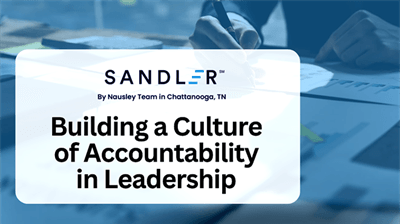The most productive and profitable companies we work with create and follow processes for every function, without exception. These processes drive the organization, but they must be continually reviewed and upgraded to stay relevant in an ever-changing business climate.
Employee input is crucial. While average employees can follow good processes, strong employees recognize when processes need improvement and know how to evolve them.
Don’t confuse following a process with being robotic. It’s about ensuring that similar tasks are approached in a consistent way. For example, if you effectively teach your kids how to manage their bills, they’ll likely follow the same process you’ve shown them. The same principle applies in business: you establish a proven process, and it becomes the standard practice—“When doing X, here’s how we do it.”
As a leader, it’s your responsibility to ensure that each process within your company has a clear set of steps that lead to the desired outcome. Identify areas that could benefit from better processes and ensure they are implemented and followed. These “playbooks” provide a roadmap to success, whether the objective is simple or complex, team-driven or individual.
Developing playbooks will do more than just increase productivity and profitability. They will help ensure a consistent, high-quality customer experience, accelerate the onboarding of new employees, and expand your hiring pool by making prior experience less critical.
However, creating playbooks is an ongoing process. Start with the area that will have the biggest and most immediate impact, then work through the organization methodically. Remember, you’re never really done—set a regular schedule to review and update each playbook.
**Key Attributes of an Effective Process in a Playbook:**
- Well-documented
- Clear, leaving no room for misinterpretation
- Repeatable
- Continuously re-evaluated for effectiveness
- Integrated into employee training and development
- Linked to accountability
**Questions to Consider:**
- Does every role have a playbook for all their processes?
- Is someone responsible for ensuring the key attributes are met in the playbook?
- Are we objectively reviewing processes, or are we avoiding the time, money, and resources needed to document and improve them?
- Which new or updated process will have the biggest impact on our company?
- When will we start implementing playbooks?






